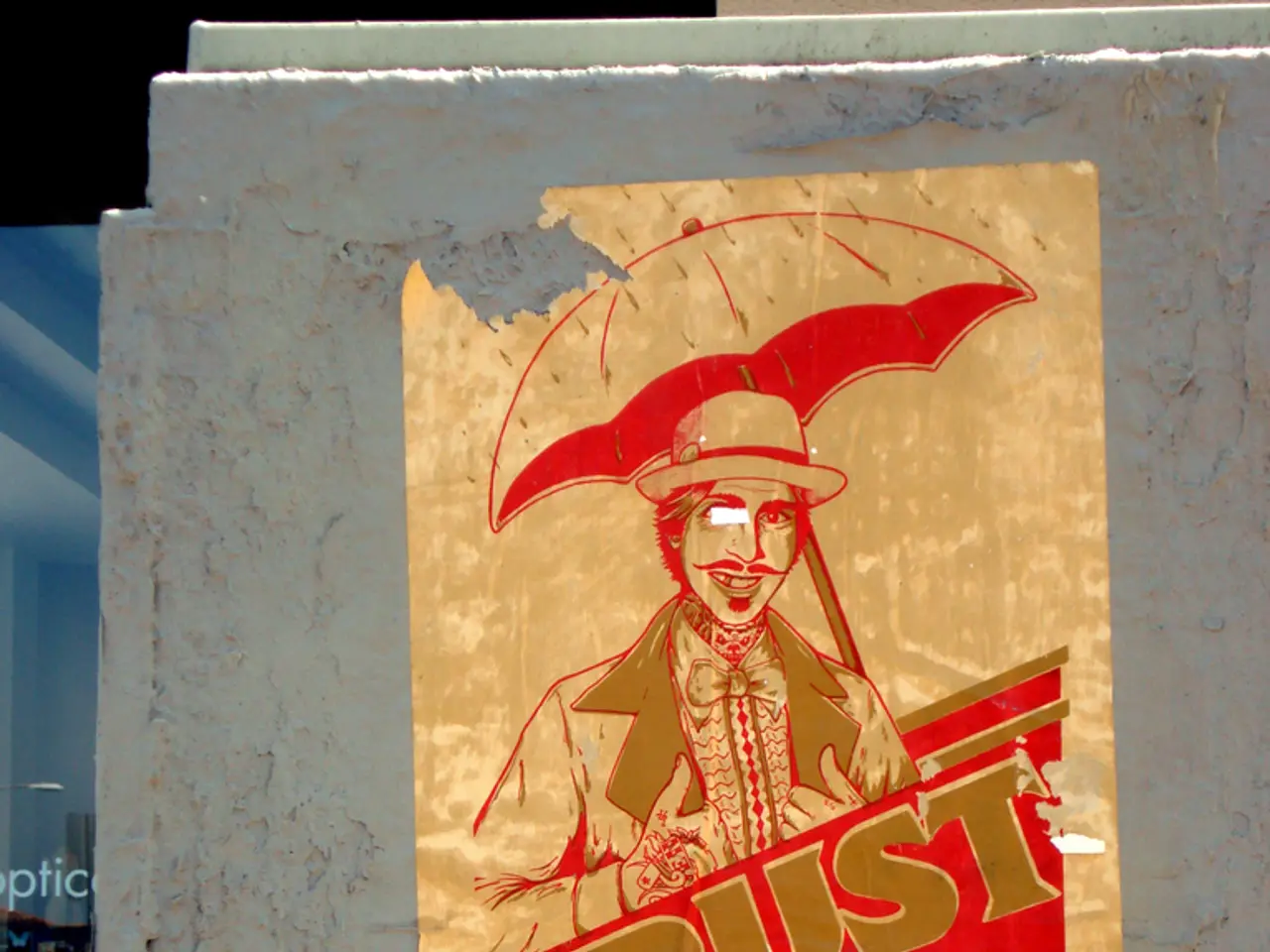Employing Mistrust for Tactical Advantage
Democratic systems, built on the pillars of public trust, can face significant challenges when that trust is systematically undermined. This is a trend that has been observed in various countries around the world, as voters perceive political debates as tactical maneuvers rather than genuine exchanges of ideas.
In the absence of reliable information, democratic decisions cannot be made, and a society that tolerates the constant erosion of truth may lose the will to demand it. Those who sow mistrust rely on others unwittingly spreading it, and each individual should question the information they share, not blindly follow the loudest voice.
Several examples of democracies that have eroded through systematically undermined trust in their foundations include Hungary, Poland, Turkey, El Salvador, and Venezuela.
In Hungary, under the leadership of Prime Minister Viktor Orbán, critical institutions such as the judiciary, election authorities, media, and universities have been captured to consolidate power without formally abolishing them. This includes constitutional overhauls and purging dissent to bend institutions toward a nationalist conservative narrative, drastically eroding trust in democratic foundations.
Poland, under the Law and Justice Party, has also undertaken anti-democratic actions that undermined judicial independence and the separation of powers. This has led to sanctions from the European Union due to breaches of EU law related to democratic backsliding.
Turkey has experienced democratic erosion marked by purges, especially post-coup, and the sidelining of opposition forces. This has degraded judicial independence and political pluralism, contributing to a crisis of faith in liberal democracy.
El Salvador, under the leadership of Nayib Bukele, has seen erosion through constitutional changes enabling indefinite presidential reelection and extended terms, entrenching power despite some popular support.
Venezuela is noted in political analyses as an example where democratic institutions are hollowed out and executive power consolidated, leading to deep democratic decline.
These examples share patterns of executive aggrandizement, capture or purging of independent institutions, sidelining opposition, and constitutional manipulation, resulting in the systematic undermining of trust in democratic foundations like judicial independence, free media, electoral integrity, and separation of powers.
The United States has also been discussed as facing risks of democratic backsliding related to efforts to weaken institutional checks and politicize government agencies, particularly during and after the Trump administration.
It is crucial to remember that democracy is not self-sustaining; it requires active defense by individuals. Politics that deliberately stoke fears or sow doubt in democratic processes should face consequences, and trust is essential for the stability of democracies. When it erodes, it is up to the public to renew it.
- Disinformation and manipulated news can contribute to the erosion of trust in democratic foundations, as seen in the cases of Hungary, Poland, Turkey, El Salvador, and Venezuela.
- Education-and-self-development and personal-growth are essential for citizens to identify and avoid sharing disinformation, ensuring the sustainability of democratic systems.
- Policy-and-legislation and crime-and-justice can become skewed when trust in judicial independence is eroded, making it crucial to maintain these institutions' integrity to uphold democratic principles.
- General-news and politics should prioritize truth and promote open exchange of ideas to prevent the systematic undermining of trust in democratic systems, which can ultimately lead to war-and-conflicts and democratic decay.




